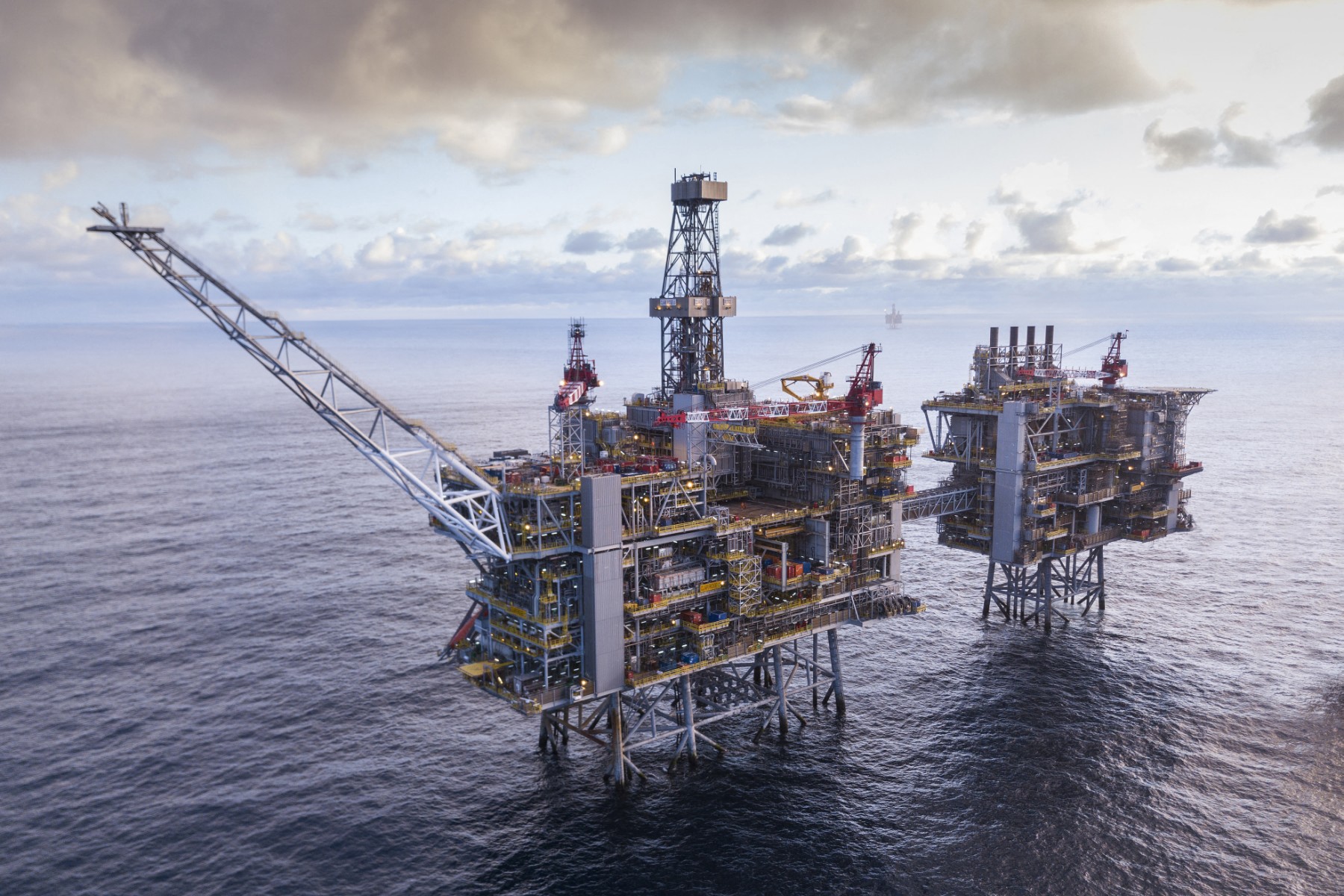Paris, France– Almost all major oil and gas companies are continuing to develop new fields, an environmental group said Wednesday, even though the International Energy Agency (IEA) insists they are not needed.
Germany’s Urgewald, along with 50 other NGOs, analyzed the investment plans of 1,623 companies involved in the oil and gas industry — representing 95 percent of global hydrocarbon production.
Of the 700 companies that produce oil and gas, 96 percent plan to develop new fields, the Global Oil and Gas Exit List (GOGEL) said.
Spending on new oil and gas fields has risen 31 percent since 2021, with the companies investing $170.4 billion during that period.
However, the IEA said in September that given the development of renewable energies, there is no need to invest in new reserves of coal, oil or natural gas.
Urgewald’s report singles out three Chinese companies, China National Petroleum Corporation (CNPC), CNOOC and Sinopec, as well as the national Saudi company Aramco, Mexico’s Pemex, the US’s Pioneer Natural Resources, and the Anglo-Dutch company Shell.
According to the report, 1,023 companies plan infrastructure projects for the transport of fossil fuels, such as pipelines and liquefied natural gas terminals.
Urgewald estimates that 539 companies — including Saudi Aramco, QatarEnergy and Russia’s Gazprom are preparing to produce an extra 230 billion barrels of oil in the next one to seven years.








